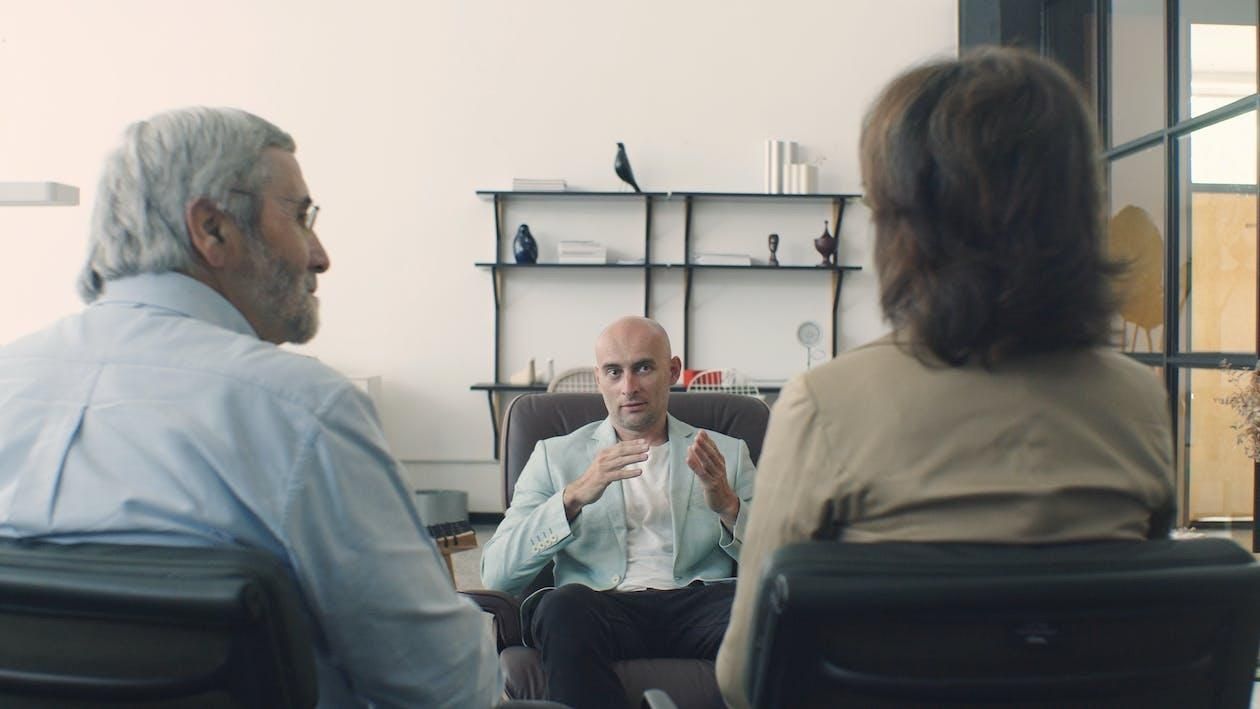I was hurt by a doctor. What do I do?
If you’ve been harmed by a doctor, it’s important to consult with a medical malpractice attorney. They can assess your case, gather relevant evidence, and advise you on your legal options. With their help, you can pursue compensation for your injuries and hold the responsible parties accountable for their actions, ensuring that you receive the justice and support you deserve.
Need to speak to someone about medical malpractice? Get in touch.
Speak With an Medical Malpractice Attorney
Fill out your free medical malpractice evaluation below and we’ll help you find out how much your claim may be worth!
What Is
Medical Malpractice?
Medical malpractice law covers issues where a healthcare provider, hospital or other medical professional injures a patient. This injury may come from an act of omission (such as failing to review imaging scans in a timely manner) or negligence. According to medical malpractice law, all valid claims must share the following characteristics:
- Your healthcare provider or facility violated the acceptable standard of care for treating patients under similar circumstances. In other words, your doctor or hospital didn’t give you the proper treatment patients typically get in your situation.
- This act of either negligence or omission directly caused your injury. This means you would not have the injury you do now if the medical provider treated you as usual.
- You can prove the injury resulted in significant damages that an attorney may recover from your provider through litigation. Finally, this means your injury resulted in significant medical bills, lost wages, pain and suffering, or other expenses.
How Can a Malpractice Lawyer Help You?
Many people might not realize that medical malpractice insurance is a major expense for most healthcare providers and hospitals. For this reason, your hospital, nurse, or physician won’t have to pay your expenses out of their own pocket. However, insurance companies aren’t going to simply pay you all the money they owe you for your injury. In fact, it is extremely rare for medical malpractice insurers to offer to settle unless you file a lawsuit. However, researchers also say that medical errors are the #3 cause of deaths in the U.S. (The first two causes are heart disease and cancer, according to the CDC).
If you believe you or your child’s injury is the result of medical negligence, then consult an attorney right away! Many states have strict requirements and steps you must follow before you can file a lawsuit against any healthcare provider. Only an attorney in your state who specializes in medical malpractice law can accurately advise you about your potential case.
Recent
Medical Malpractice
Articles

What Happens if You Inject Vitamin B12 Wrong?

What Happens if Depo-Provera is Injected Wrong?

Medical Malpractice Statute of Limitations: State-By-State Guide

What to Know Before Contacting a Medical Malpractice Attorney

Could a COVID-19-Related Screening Delay Count as Medical Malpractice?

When Prescription Opiate Addiction is Medical Malpractice

The Elements of Medical Malpractice

How Long Can My Medical Malpractice Suit Take?

I Faced A Medical Misdiagnosis. Can I Sue?
GET IN TOUCH
It is extremely rare for medical malpractice insurers to offer to settle unless you file a lawsuit. A lawyer can help.
Join Our
Mailing List
Enter your email below to get up-to-date legal articles and tips delivered right to your inbox.









